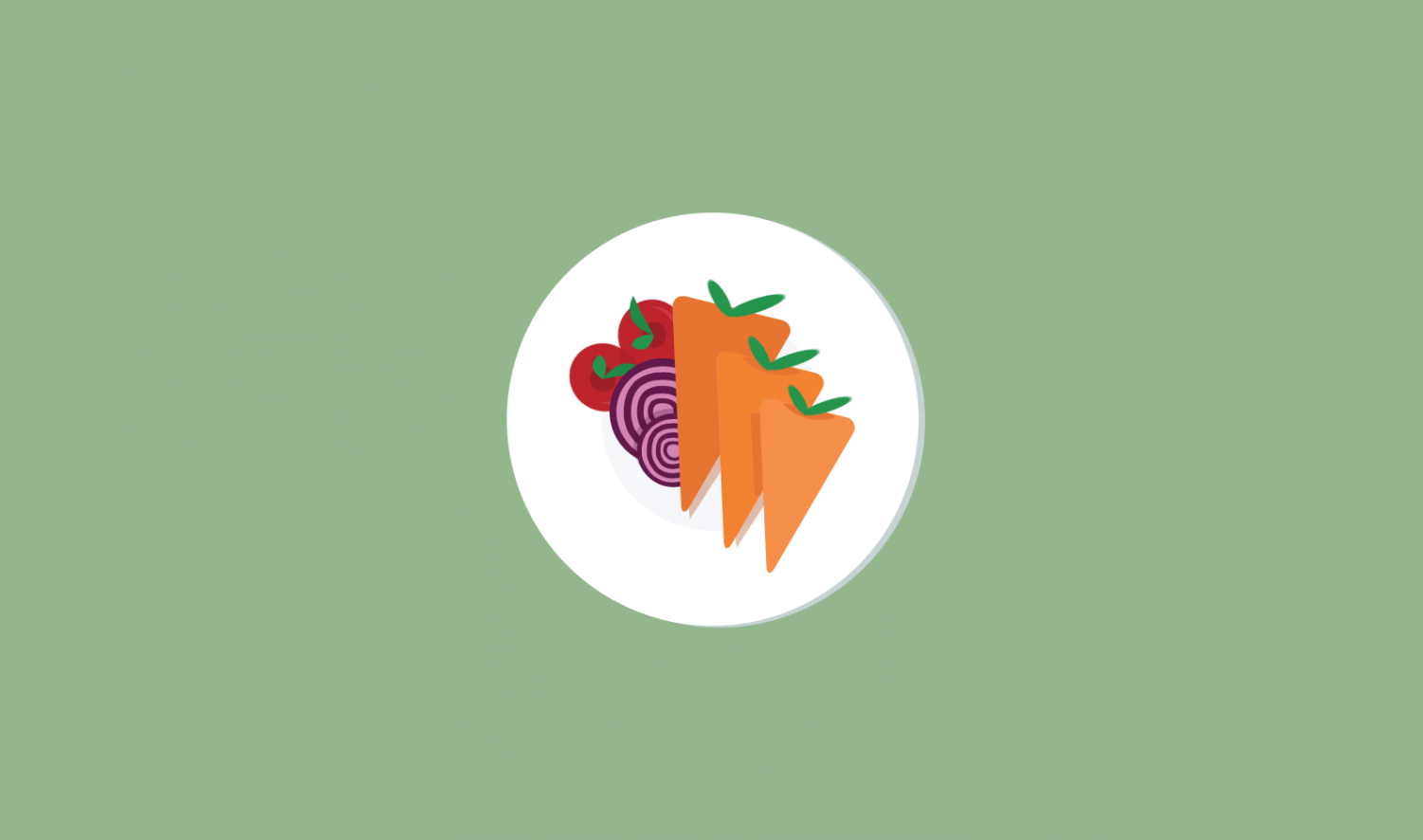A donation of $40 or more includes a subscription to the 2024-25 print issues of The Harbinger. We will mail a copy of our fall, winter, spring and graduation issues to the recipient of your choice. Your donation supports the student journalists of Algonquin Regional High School and allows our extracurricular publication to purchase equipment and cover our annual website hosting costs.
Vegetarianism: more than a diet
February 14, 2018
“You’re not making any difference in the world,” or “Animals are still dying; why do you even care?” I often hear these phrases, among many others, from people when they find out that I’m a vegetarian. Others can be so insensitive towards those who do not eat meat, simply because they don’t understand the rewarding benefits of this diet.
Vegetarianism is healthier; most people know that already but push it aside because truthfully, you can still eat healthy while eating meat. However, what they don’t realize is that human bodies are not actually made to digest meat.
According to the People for the Ethical Treatment of Animals organization, carnivores have short intestinal tracts to pass meat through quickly; we have long ones, giving our bodies a longer amount of time to absorb nutrients from plant-based foods.
Yes humans are omnivores, but our intestines still do not accommodate well to meat consumption. Though meat may taste good to many people, human stomach acid is also many times more inadequate at consuming it.
Not only is being a vegetarian better for your body, but it benefits the environment. According to an online article on The Guardian, limiting the production of consumable meat could virtually decrease the amount of greenhouse gas emissions that are a significant factor of global warming.
Another environmental benefit to reducing the production of meat is the reduction of deforestation. According to a Cornell University study in 1997, about twenty-three more times the amount of land is used for meat than land used producing for a vegetarian diet. If more of the Earth’s population stuck to a mostly plant-based diet, the issue of deforestation could be largely resolved just through this one contributing factor.
If none of that matters to you, then maybe this will: “Changing dietary patterns could save $1 trillion annually by preventing health care costs and lost productivity,” says Time magazine. “That figure balloons to as much as $30 trillion annually when also considering the economic value of lost life.”
It is also important to think about the ethics and morality of animal consumption.
Killing animals is cruel. How would you like it if someone stuffed you in a cage your whole life and then one day just slaughtered you? Animals have emotions, the ability to physically feel hurt, and the ability to socially connect with others just like humans do. Often times, animals bond with their owners. They should not be sacrificed for the sake of one’s appetite when there are so many alternatives nowadays that we can easily survive on.
Being vegetarian, I get the nutrients one would get through meat by eating tofu and other meat alternatives. Nuts, yogurt, soy, and beans provide protein. Greens, tofu, and breakfast cereals give a sufficient amount of iron. These selections are only a small portion of the wide variety of vegetarian foods that contain vital vitamins and nutrients.
Now, I know no one likes that one vegetarian who pressures people into joining in on the change in diet, and that is not what I am trying to do. I encourage you, if you don’t already, to understand the benefits of vegetarianism and that it is in no way a lost cause. So don’t ask us if we would eat meat if we were stuck starving on a deserted island and yes, it is very possible to live without bacon.


